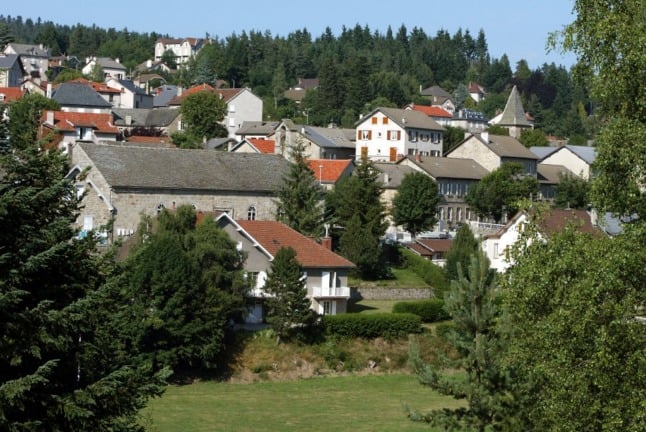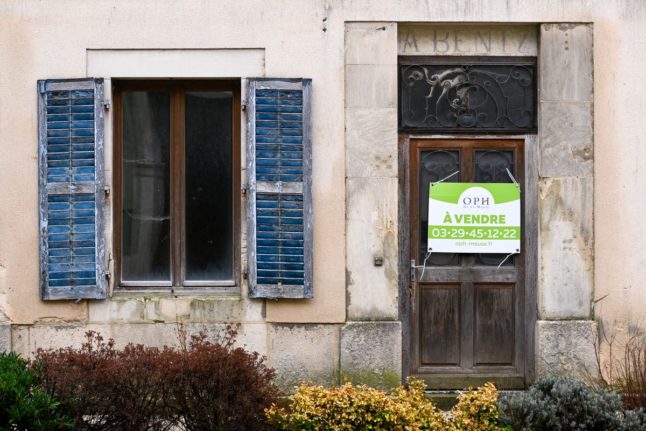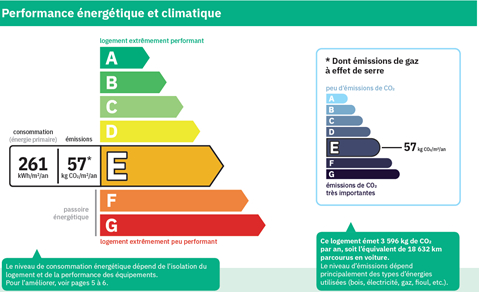MOVING TO FRANCE
11 French life hacks that will make you feel like a local
It's beautiful and fascinating and unique but one thing France is rarely accused of being is easy to understand. For newbies there can be some surprising culture shocks, so here are some tips to make your life in France a little easier.
Published: 19 July 2021 15:00 CEST
Updated: 24 July 2021 12:06 CEST
Updated: 24 July 2021 12:06 CEST

Photo: Jean-Pierre Clatot/AFP
1. Say bonjour (a lot)
If you’re considering a move to France hopefully you will have reached this word in your French textbook, but what language guides rarely tell you is just how important saying bonjour is. Virtually every interaction in France starts with a bonjour and not saying it marks out as rude. If you think you’re saying it far too frequently, you’ve probably got it about right.
In fact all forms of politesse are pretty important in France, from exchanging bonjours to saying farewell to everyone when you leave a group.
2. Go online
France has a reputation as one of the last bastions of the paper form and rubber stamp and while that was certainly true 10 years ago there is actually a slow but steady move online, driven at least in part by the relatively young government of Emmanuel Macron. The health crisis alone has given rise to apps to book a vaccine dose, to enter a restaurant or to travel across Europe while at the everyday level taxes, driving licences and residency cards can all be dealt with online.
Not only will you save on stamps, but online services can be easier if your French is still a little shaky.
3. Laugh at yourself
And that shaky French will almost certainly get you into trouble sooner or later as you fall foul of one of the French language’s numerous traps for the unwary and announce to your office colleagues that you’re sexually excited, quiz a grocer about whether he has condoms in his jam or tell a waiter you want your water with testicles in it.
It’s inevitable and the only way round it is to laugh at yourself and humbly request the French person you are talking to to help you out. Most will be delighted to do so.
4. Take August off work (and July)
Abandon any notions of getting lots done over the summer. Large parts of France shut down as the French head to the beach and that includes many sections of public administration.
Don’t fight it – join in and give yourself a solid month off work, your general health and wellbeing will thank you for it.
5. Check the holiday calendar
Talking of holidays, France has a lot of public holidays, some pretty obscure ones like Christian saints’ days that might not loom large in your consciousness. If you don’t want to be standing outside your kids’ padlocked school wondering where everyone is, make sure you check which days are non-working days.
READ ALSO The French holiday calendar for 2021
6. The hours of 12 until 2pm are lunchtime
This is less of a thing in the big cities, but in small towns expect most shops and offices to be closed between 12 and 2, so don’t try and get anything important done between those hours. Instead, take a break for lunch.
Conversely, many restaurants outside the big cities or tourist areas will only serve between 12 and 2, and from about 7pm in the evening. If you want to eat outside those hours, you need to look for a place that advertises ‘service non-stop’.
7. Always say no to mineral water
Waiters, especially in tourist areas, will often reply to your request for water with ‘eau minerale ?’ – but large bottles of mineral water frequently cost more than a bottle of wine. Unless you’re particularly attached to Perrier, Evian et al, request un carafe d’eau or un pichet d’eau – this means you will be brought tap water, which is free.
8. Be polite to fonctionnaires
Naturally we would advocate being polite to everybody, but if you have run into a bureaucratic snag (and you will do) don’t be temped to take your frustration out on the bureaucrat dealing with your case. No matter how justified your complaint, there is no point venting your frustration on the member of staff. While some countries have a culture of ‘the customer is always right’ French employees will happily refuse to help you or ‘lose’ your application if you are being rude or aggressive.
Instead pause, take a deep breath and remember that French bureaucracy is a necessary corrective to French bread, cheese and wine. Otherwise things would just be too perfect.
9. Wear your best underwear to visit the doctor
It’s pretty standard in France for your doctor to give you a general physical examination when you visit and this will often involve taking at least some clothes off. Doctors would regard it as slack to just hand out a prescription without performing an examination, so make sure you’re wearing your good underwear to avoid embarrassment. Just don’t end up naked and crawling on all fours like this hapless British newcomer.
10. Use markets
French food markets are famous, and rightly so. But not only are they an experience, they will also likely save you money. Away from food, check out the brocante markets (away from Paris) for bargains on furniture and vintage items or the marché aux puces (flea markets) at the cheaper end of the scale.
11. Don’t ask a question unless you want an answer
French people can be pretty blunt (they would say honest) so don’t ask whether your new beret makes you look like a tourist unless you actually want to hear the answer. The concept of creeping around a subject to avoid giving offence is largely unknown in France, likewise if you have done something wrong expect to be told about it. While this can be startling at first it’s actually pretty refreshing not to have to worry about whether you have offended someone – they will let you know.
Url copied to clipboard!



 Please whitelist us to continue reading.
Please whitelist us to continue reading.
une carafe (féminin) d’eau